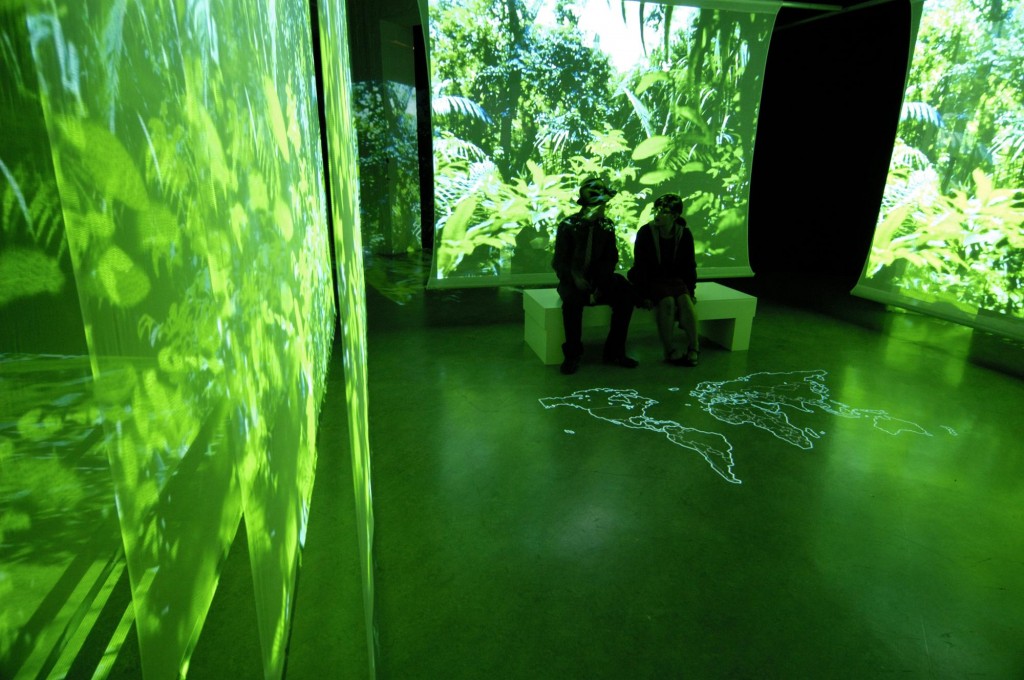A significant thread throughout the Bloomsbury festival this year is a focus on human rights and issues about the environment. On the face of it these would seem desperately separate subjects but there is much overlap, as will be shown through the varied collection of events and installations that are being prepared. This post takes a quick look at these events, highlighting a focus on human rights, refugees and the environment.
Fracking in Senate House
Buried deep down below the Russell Square car park in the Deller Hall is a special event put on by the Institute of Commonwealth Studies/Human Rights Consortium in collaboration with Dfuse. Together they will be exhibiting a rather different presentation of the controversial topic of fracking and oil extraction. Using projections, light and sound they will be exploring the theme of extreme energy highlighting and discussing the issues involved (available all weekend). If you would like to know even more, Dfuse will be teaming up with representatives of Frack Off, the UK Tar Sands Network, photographer Garth Lenz, and Dr Damien Short at 2pm on the Saturday to discuss the growing controversies over and resistance to extreme energy practices as well as providing you with a creators tour of the Small Global: Extreme Energy installation.
Austrian theatre in exile
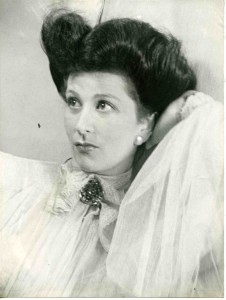 The Bloomsbury Festival also explores issues of human rights. On Sunday 20th October in Chancellor’s Hall we bring you Political Cabaret in Exile – music from the Miller Archive. This combination of theatre and performance will draw on the archive of actor/director Martin Miller recreating the atmosphere of London’s Austrian exile theatre, the Laterndl. The Laterndl was founded in 1939 by three Austrian refugees – Fritz Schrecker, Franz Schulz and Franz Hartl – who desired to keep alive the tradition of Viennese theatre and provide a home for Austrian drama and literature. The theatre was a hub for political activism – focusing on the fight for an independent and free Austria. Martin Miller’s involved is significant. Indeed, it was his parody of Hitler at the Laterndl that launched his film and television career that was to last almost 30 years. Martin Miller was a Czech actor/director. Widely known for playing eccentric characters in the UK such as doctors, scientists and professors, Miller began out as an actor working in Vienna before fleeing Austria at the outbreak of World War Two. He arrived in London in 1940 at which point his involvement with the Laterndl began. From his films you can expect cabaret songs and Hitler parodies. The event will also include expert talks on refugee life.
The Bloomsbury Festival also explores issues of human rights. On Sunday 20th October in Chancellor’s Hall we bring you Political Cabaret in Exile – music from the Miller Archive. This combination of theatre and performance will draw on the archive of actor/director Martin Miller recreating the atmosphere of London’s Austrian exile theatre, the Laterndl. The Laterndl was founded in 1939 by three Austrian refugees – Fritz Schrecker, Franz Schulz and Franz Hartl – who desired to keep alive the tradition of Viennese theatre and provide a home for Austrian drama and literature. The theatre was a hub for political activism – focusing on the fight for an independent and free Austria. Martin Miller’s involved is significant. Indeed, it was his parody of Hitler at the Laterndl that launched his film and television career that was to last almost 30 years. Martin Miller was a Czech actor/director. Widely known for playing eccentric characters in the UK such as doctors, scientists and professors, Miller began out as an actor working in Vienna before fleeing Austria at the outbreak of World War Two. He arrived in London in 1940 at which point his involvement with the Laterndl began. From his films you can expect cabaret songs and Hitler parodies. The event will also include expert talks on refugee life.
Exploration of refugees and migration
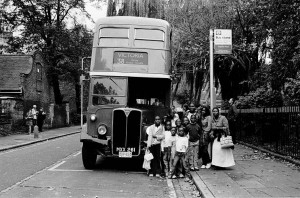
On the same day we also have Bloomsbury, a History of Refuge, which promises a talk ranging from the refugee academics involved in founding the University of London to the ‘Free Russian Press’ run from a house on Judd Street and beyond to other overlooked aspects of Bloomsbury history. The conversation is run by the Institute of English Studies and Institute of Modern Languages Research with Professor Rosemary Ashton; Dr Sarah Young; and Dr Anthony Grenville taking centre stage. The talk will take place in the Beveridge Hall.
Throughout the week an exhibition will be available in the School of Advanced Study lobby (second floor) called 100 Images of Migration. This exhibition highlights images of migration in Britain in all its varieties including migrations by adventurers and travellers, those seeking work or education, or as refugees. The images were obtained in part through a competition run through The Guardian by the Migration Museum project.
Human Rights Poetry
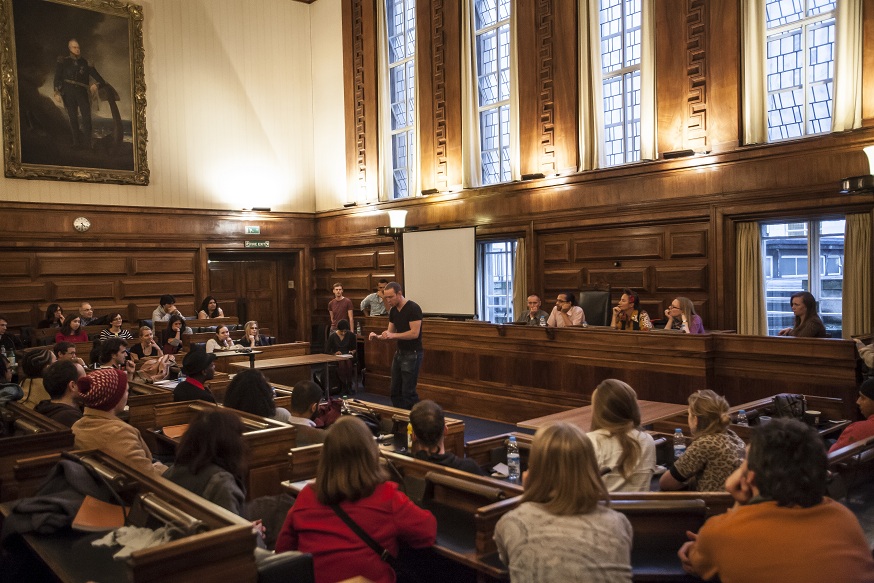
On Sunday human rights issues are also explored in two themed poetry events. First up at 4pm the Human Rights Poetry Slam returns for another year. This event also takes place in the Beveridge Hall and is run by the Human Rights Consortium in collaboration with Keat House Poets. It promises, as ever, high octane and fiercely competitive poems from six award winning poets. They will be performing their pieces all on the theme of protest. The judges this year are poets Musa Okwonga and Deanna Roger and (of course), you the audience!
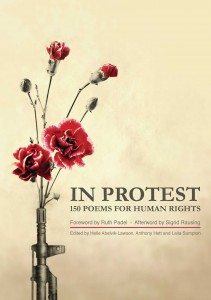
The second, follow-on event starts at 6pm in the same place. In Protest: New Human Rights Poetry brings forward renowned poet Ruth Padel and publisher and philanthropist Sigrid Rausing. They will be launching Protest: 150 Poems for Human Rights. This is an anthology rooted in activism and calling for change. Readings will be performed by James Byrne, Chrissie Gittins, David Lee Morgan and others. Discounted copies of the anthology will also be available to buy.
Check out our Festival Highlights post for details of even more events at this year’s Bloomsbury Festival.
All week
100 Images of Migration exhibition
19 October
11am Ministry of Communication Orwellian Garden
11am Small Global: Extreme Energy
2pm Tour of a Small Globe: Introducing ‘Extreme Energy’: D-Fuse + Damien Short
20 October
2pm Bloomsbury, a History of Refuge
3pm Political Cabaret in Exile – Music from the Miller Archive
4pm Human Rights Poetry Slam
6pm In Protest: New Human Rights Poetry
The Bloomsbury Festival runs from October 15-20, 2013. The full schedule of events at the School of Advanced Study is available here. We are also running a series of exciting competitions in October. Follow us on @SASNews for festival news and updates.
Finding the Ministry of Communication:
Senate House, Malet Street, London
View Larger Map
